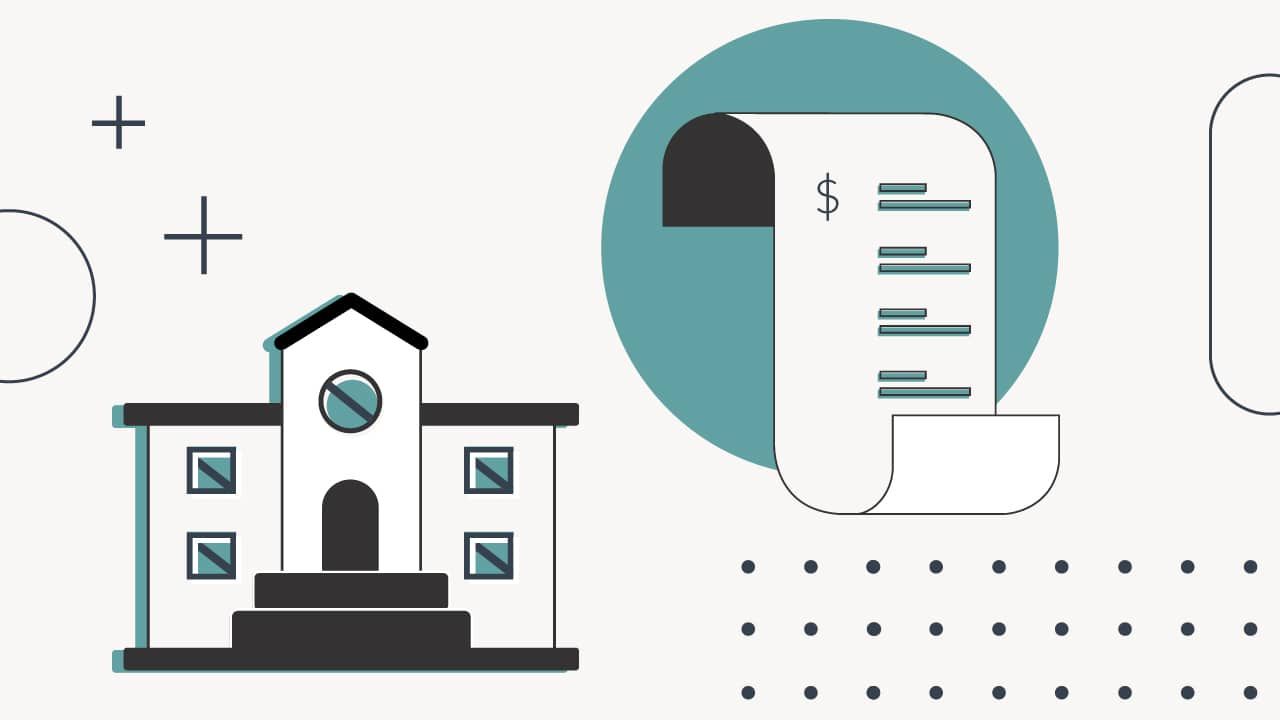Unaccredited Institution
Definition
An unaccredited institution is an educational organization that has not received formal recognition from an official accrediting body.
Detailed Explanation
Unaccredited institutions are schools or educational programs that have not met the standards set by a recognized accrediting agency. Accreditation is a process through which educational institutions are evaluated by an independent body to ensure they meet specific standards of quality and effectiveness in education.
Without this accreditation, an institution may not be recognized by employers, other schools, or government entities, which can significantly impact the validity of the degrees or certificates they offer. Furthermore, unaccredited programs are typically not eligible for Title IV federal student aid - including Pell Grants and student loans.
Students attending these institutions may face challenges in transferring credits, receiving federal or state financial aid, or achieving professional licensure in certain fields.
Private student loans for students attending unaccredited institutions may also carry higher interest rates or less favorable terms due to the increased risk perceived by lenders. Students should exercise caution and conduct thorough research before enrolling in unaccredited institutions.
Example
A student enrolls in a new coding bootcamp. This college has not yet received accreditation because it is new and has not completed the lengthy accreditation process. Although the program is innovative and taught by experienced instructors, the lack of accreditation means students may have difficulties in transferring credits to another institution or gaining professional recognition for their degree. It also means that a student may have difficulty getting financial aid.
Key Articles Related To Unaccredited Institutions
Related Terms
Accreditation: A recognition process that ensures educational institutions meet certain standards of quality and integrity.
Credit Transfer: The process by which academic credits earned in one institution are accepted by another institution.
Federal Student Aid: Financial assistance available from the federal government to help students pay for education expenses at an accredited postsecondary institution.
Licensure: Official permission to practice a profession, usually issued by a governmental agency or professional association after meeting specific requirements.
FAQs
Why is accreditation important for colleges and universities?
Accreditation ensures that the education provided meets acceptable levels of quality and is recognized by other institutions and employers.
Can I receive federal student loans if I attend an unaccredited institution?
Generally, students cannot receive federal student loans for attendance at unaccredited institutions, as these do not meet the eligibility criteria set by the Department of Education.
Are degrees from unaccredited institutions valid?
While technically valid, degrees from unaccredited institutions may not be recognized by employers or other educational institutions, which can limit career and educational opportunities.
How can I check if an institution is accredited?
Prospective students should check the institution's website or contact the school directly for accreditation information and verify it through the official website of recognized accrediting agencies.
Editor: Colin Graves
